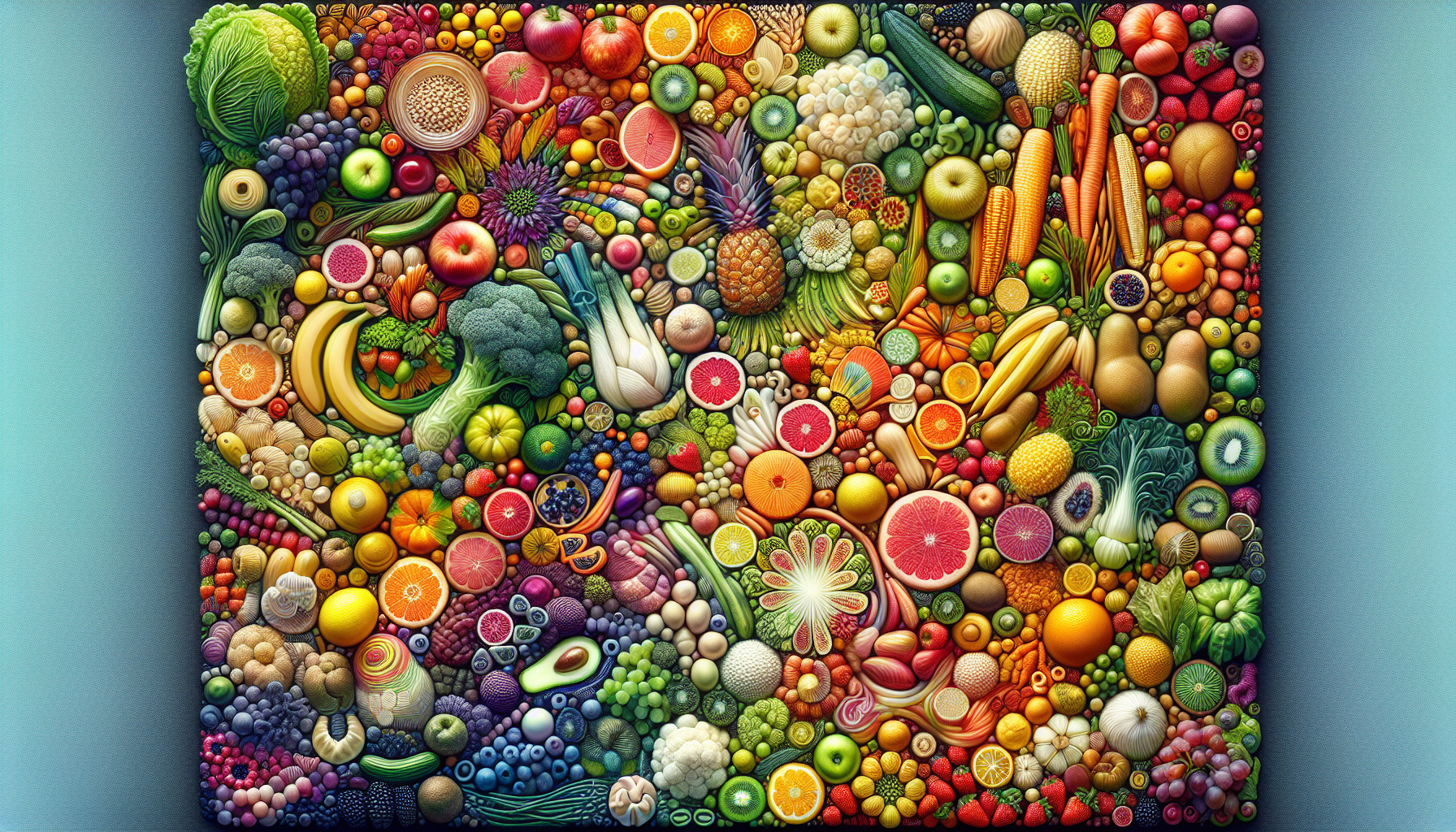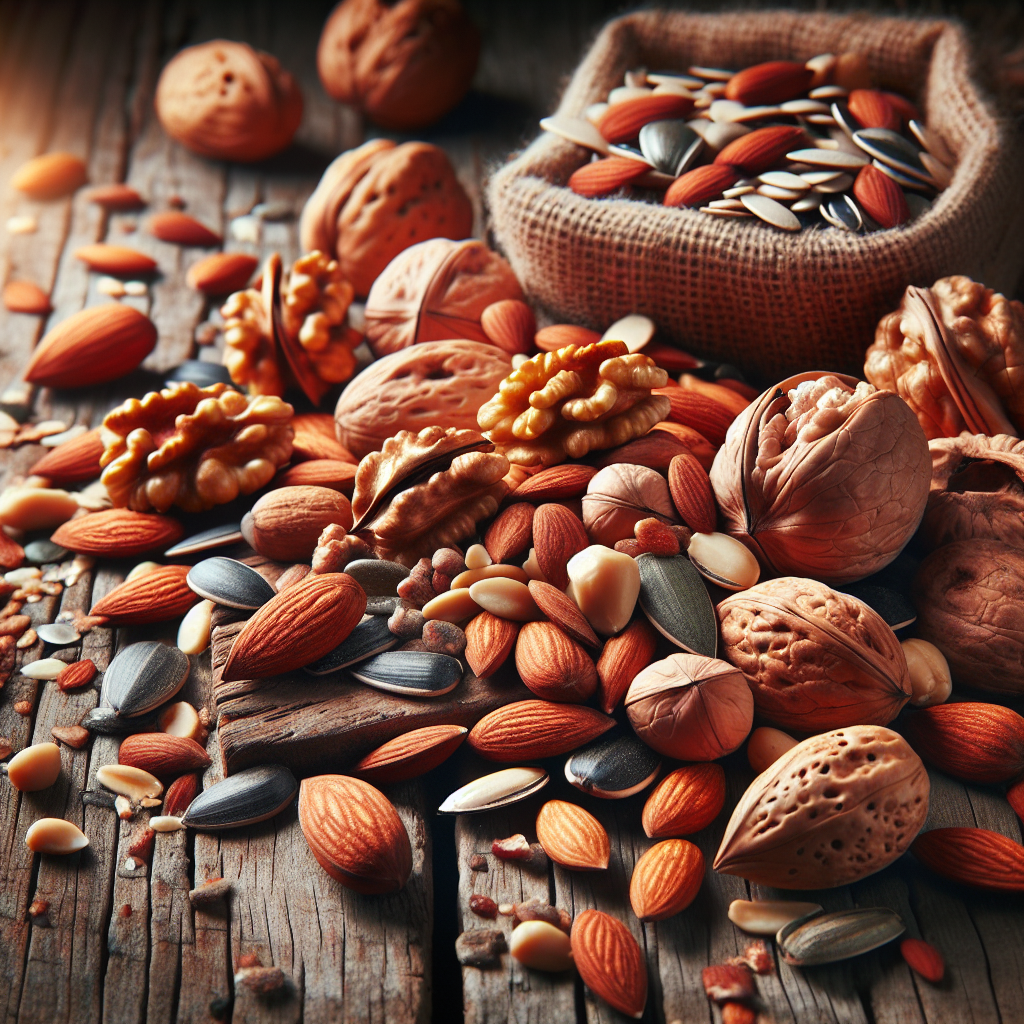The skin, which is the body’s largest organ, operates as a robust shield against environmental threats, including the harmful rays of the sun. However, this defense is not impenetrable, and the risk of skin cancer looms for many. While sunscreen and protective clothing are well-known allies in the fight against this disease, there’s another crucial component that’s often overlooked: diet. A growing body of evidence suggests that what we eat can significantly influence our risk of developing skin cancer. In this comprehensive guide, we’ll explore how dietary choices can fortify the body’s natural defenses and potentially reduce the risk of skin cancer.
Nutritional Armor Against Skin Cancer
Centuries of research have established that a balanced diet is vital for maintaining overall health, but recent studies have begun to specifically link nutrition to skin health. Certain nutrients have been identified as having photoprotective properties—they help guard the skin against damage from ultraviolet (UV) radiation, which is a primary cause of skin cancer.
For example, foods rich in antioxidants are particularly beneficial. Antioxidants neutralize free radicals — unstable molecules that can damage DNA and contribute to cancer development. By consuming a diet high in antioxidant-rich foods, we can bolster the skin’s defenses.
The Role of Antioxidants
Antioxidants like vitamins A, C, and E, selenium, and polyphenols can be found in a variety of foods and are essential in the prevention of oxidative stress, a condition that can lead to cellular damage.
- Vitamins A and C can be found in sweet potatoes, carrots, spinach, and citrus fruits.
- Vitamin E is abundant in nuts and seeds, such as almonds and sunflower seeds.
- Selenium, a trace mineral, is present in Brazil nuts and whole grains.
- Polyphenols, found in green tea and dark chocolate, have also shown promise in protecting the skin from UV damage.
Omega-3 Fatty Acids
Omega-3 fatty acids, known for their anti-inflammatory properties, may also play a role in skin cancer prevention. Found in fatty fish like salmon, walnuts, and flaxseeds, these fats can help reduce inflammation, which is a known contributor to cancer.
Cruciferous Vegetables
Vegetables such as broccoli, cauliflower, and kale, members of the cruciferous family, contain glucosinolates which are converted into isothiocyanates — compounds noted for their cancer-protective properties.
Lycopene and Carotenoids
Lycopene, the pigment that gives tomatoes their red color, and other carotenoids like beta-carotene found in carrots and sweet potatoes, have been associated with a reduced risk of certain types of skin cancer.
Integrating Skin-Protective Foods into Your Diet
Incorporating these nutrients into your diet can be both delicious and simple. Here are a few tips to get you started:
- Snack on nuts and seeds: A handful of almonds or sunflower seeds can provide a quick antioxidant boost.
- Increase your intake of fatty fish: Aim for two servings of fish like salmon or mackerel each week.
- Add more fruits and vegetables to your meals: Try to fill half your plate with a colorful array of produce at each meal.
- Enjoy a cup of green tea: Replace your afternoon coffee with green tea for a polyphenol-rich alternative.
Beyond Diet: Holistic Skin Cancer Prevention
While diet is a critical piece of the puzzle, it’s important to adopt a comprehensive approach to skin cancer prevention. This includes regular use of sunscreen with a high SPF, wearing protective clothing, and avoiding peak sun exposure times. For more information on skin health and prevention, visit Avix Health’s Skin Health section.
Furthermore, regular skin check-ups are vital for early detection of skin cancer. The Importance of Regular Skin Check-Ups for Early Cancer Detection highlights the significance of this practice.
Understanding the Impact of UV Radiation on Skin can also offer insights into why certain dietary choices can make a meaningful difference.
And, to delve deeper into the antioxidant-rich foods that can aid in prevention, consider reading about The Benefits of Green Tea in Skin Care Routines.
Supporting Research on Diet and Skin Cancer Prevention
Several studies have underscored the connection between diet and reduced skin cancer risk. For more detailed information on the relationship between specific nutrients and skin cancer prevention, the following resources offer valuable insights:
- A study published in the Journal of the American Academy of Dermatology investigated the impact of certain dietary patterns on melanoma risk.
- The Skin Cancer Foundation provides a wealth of information on skin cancer prevention, including the role of nutrition.
- Research featured in Nutrition Reviews sheds light on the photoprotective effects of vitamins and other antioxidants.
By exploring these niche and specific resources, one can gain a deeper understanding of the integral role diet plays in skin cancer prevention.
Conclusion
The fight against skin cancer is multifaceted, involving not only protective measures against the sun but also internal defenses built through proper nutrition. By embracing a diet rich in antioxidants, omega-3 fatty acids, and other protective nutrients, we can enhance our skin’s resilience to UV damage and contribute to the prevention of skin cancer. Remember, a holistic approach that combines dietary strategies with other preventative measures offers the best chance for maintaining healthy skin.



